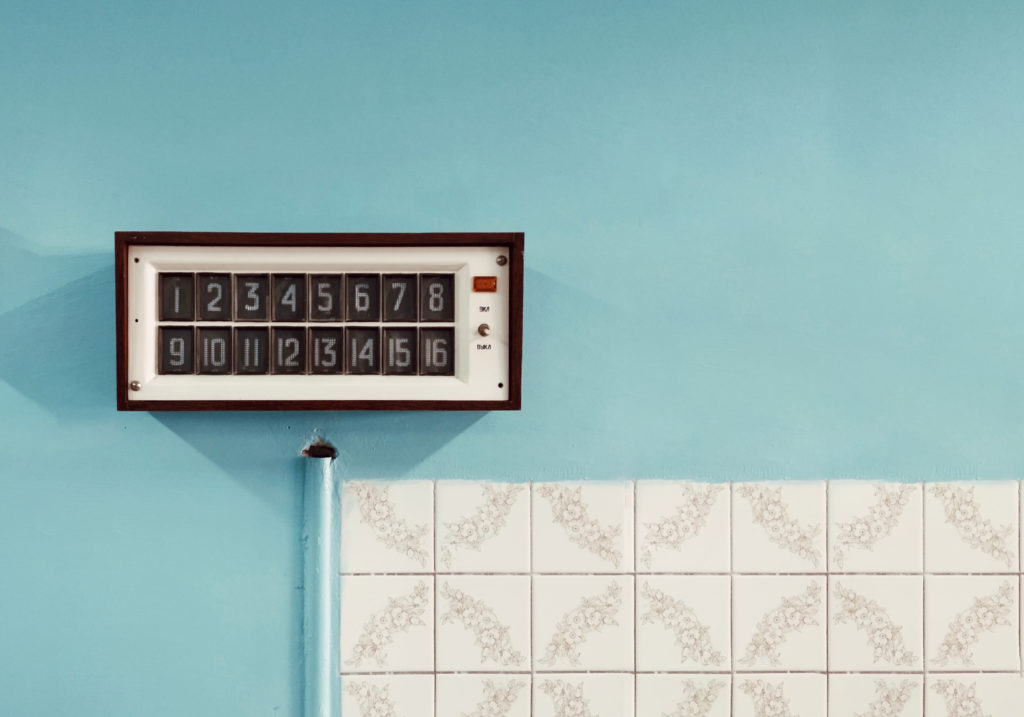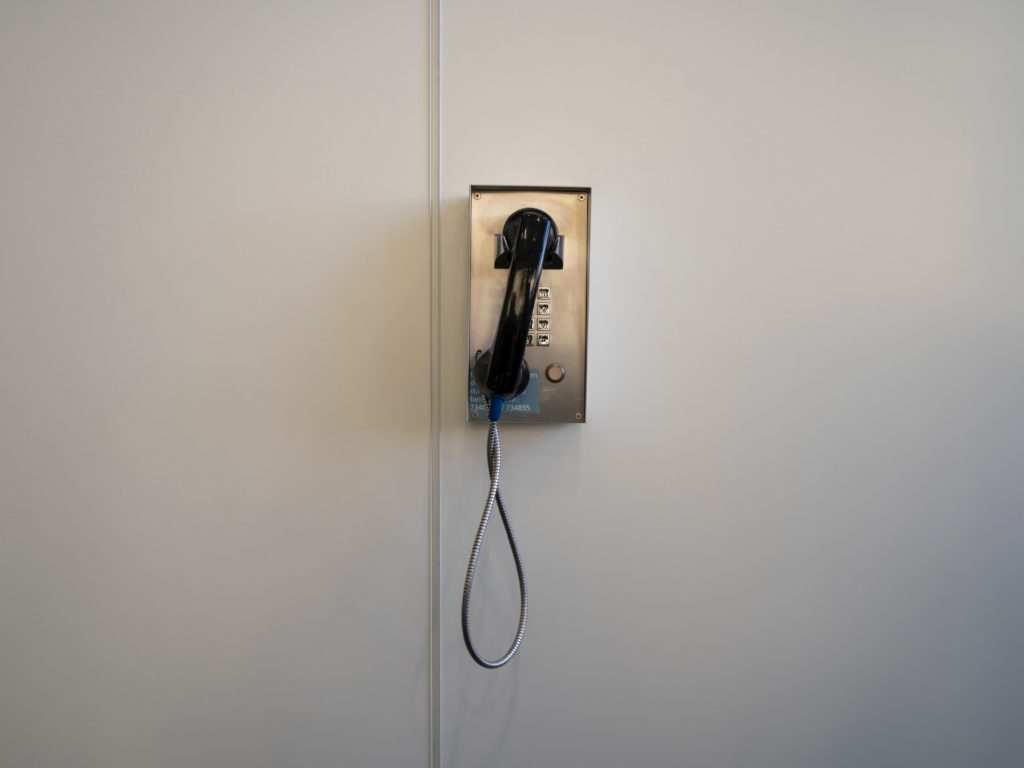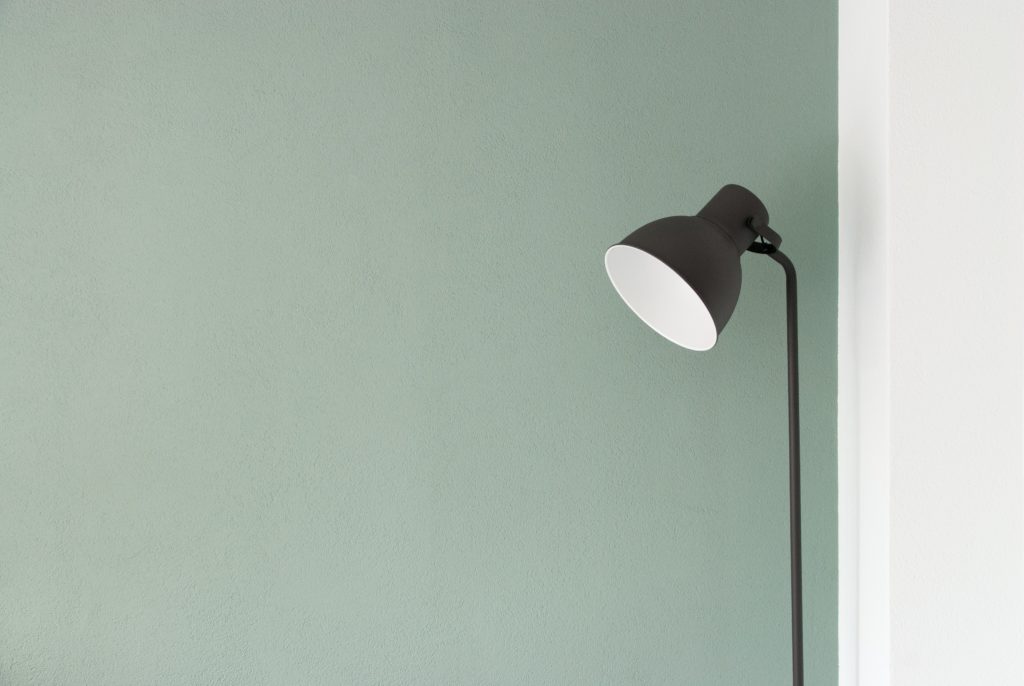
Insights
January 14, 2020Starting a sole proprietorship or starting directly as a BV?
Liability
An important difference between a sole proprietorship and a BV is that a BV is a legal entity and a sole proprietorship is transparent. What does that mean? A BV enters into obligations as an entity of its own, while obligations entered into as a sole proprietor are done by the owner of the sole proprietorship, as an individual.
This can have severe consequences! If your sole proprietorship goes bankrupt, you’re personally liable, meaning that creditors can make a claim on your personal assets. This is different when you have a BV. Since the BV itself enters into obligations, creditors can only hold you personally liable for debts of the BV in very exceptional cases. This is called directors’ liability.
Investors
This liability also works the other way around, meaning that private debts can be recovered from business assets. Due to this fact, a BV is also more preferable than a general or commercial partnership (VOF) when setting up business with one or more partners.
If you have private debts, the creditors can make a claim on all business assets, including the part that belongs to your partners. Incidentally, the partners can make a claim on the partner with the debts. The question is what the value of this claim is though, since this partner was already unable to pay his private debts to the creditor.
In addition, entering and leaving a BV is easier than in the case of a VOF. That’s why entrepreneurs who are expecting possible changes in terms of ownership will often opt for a BV.

Taxes
A sole proprietorship and BV are taxed in different ways. As a sole proprietor, you pay income taxed directly on your profit. In case of a BV, things are a bit more complicated.
As the shareholder in a BV, you will pay corporate tax (profit tax for BVs), income tax (on the salary in box 1 and received dividends in box 2) and dividend tax (on the pay-out of dividends).
If you own a sole proprietorship, you’re entitled to a number of nice tax advantages such as tax relief for new companies, private business ownership allowance, SME profit exemption and deduction for old-age provision. The result is that, up to a certain amount of profit, you pay less tax as a sole proprietor. When your profits start to increase, starting a BV will become more interesting.
This is mainly because a BV has a fairly flat tax burden (on average this will be around 39.25%), while the tax burden in a sole proprietorship is progressive. It can even reach 49.50% in 2020!

Opting for a BV based on profit
By now you’re probably wondering: How high should my profit be to opt for a BV? Unfortunately, there’s no simple answer to this. That’s because it very much depends on the type of company, the salary you receive, how much money you need to meet your living expenses, what extra costs your BV has to deal with, etcetera.
What we can do is give you some guidelines. A BV can become an interesting option from an expected profit of €130,000 per year. When you’re just starting your company and you expect to make less profit in the beginning but to grow quickly, it’s advisable to start directly from a solid BV structure. In case you’ve started out as a sole proprietor but have now grown into a business with a profit of over €130,000, it’s worth considering converting your sole proprietorship into a BV. This means that you start operating your business as a BV instead of a sole proprietorship.





